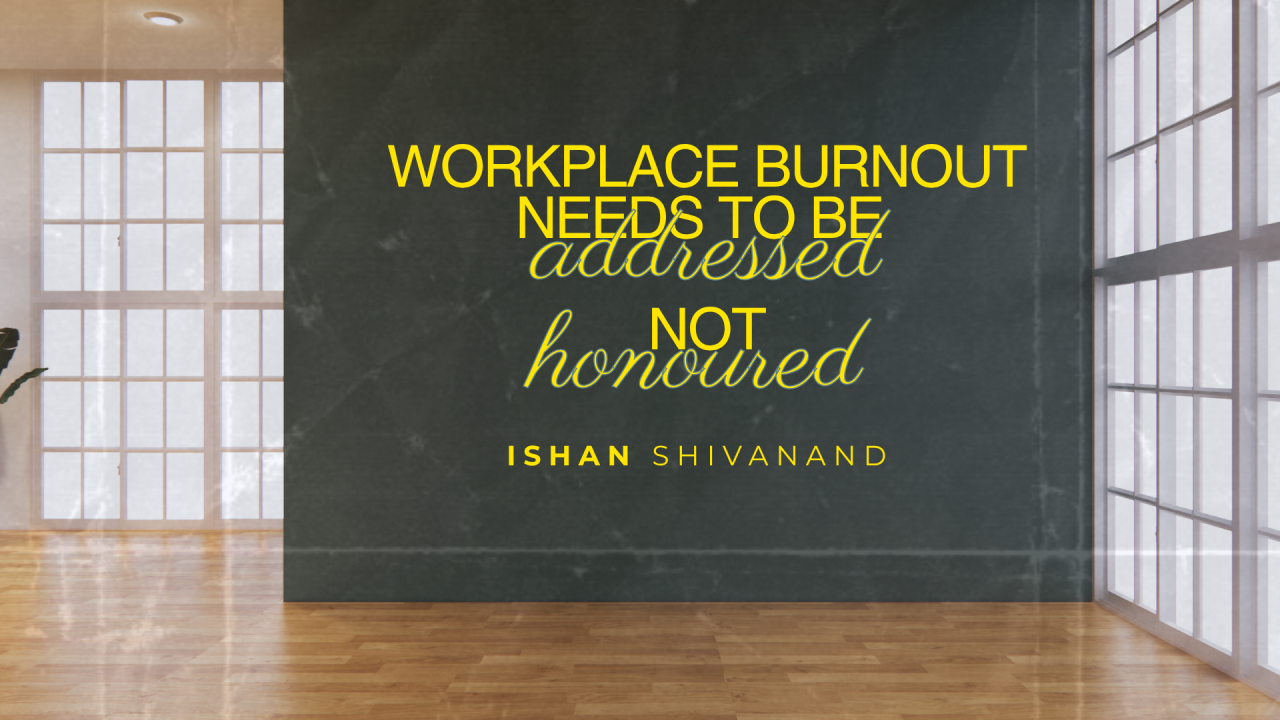
Mental Health
July 10, 2025
In today’s always-on culture, workplace burnout has become disturbingly common, especially among high performers. Long hours, endless notifications, and the pressure to constantly deliver have created a dangerous illusion: that burnout is proof of commitment.
It’s not.
Burnout is not a badge of honour. It is a signal, from your body and your mind, that something is off balance.
What Burnout Really Feels Like
It’s not just about being tired. Burnout shows up as emotional depletion, mental fog, reduced creativity, and a deep disconnection from purpose. You may still be attending meetings, replying to emails, and hitting deadlines. But inside, you're operating on autopilot, drained and detached.
According to the World Health Organisation, burnout results from chronic workplace stress that hasn’t been successfully managed. Left unchecked, it can lead to anxiety, depression, and even physical illness.
What You Can Do
The solution begins with awareness and intention. Here are simple but powerful steps:
- Take microbreaks during the day — a few minutes of deep breathing or silence can reset your mind.
- Prioritise rest, hydration, movement, and emotional boundaries.
- Learn to say no with confidence, without guilt.
- Engage in practices that support mental resilience.
At Yoga of Immortals | Mental Health Program , we teach evidence-based tools that combine ancient yogic science with modern mental health research. Breath sequencing, trauma-sensitive meditation, and emotional detox practices have helped thousands prevent and reverse burnout.
What Organisations Must Do
Burnout isn’t just an individual issue — it’s a cultural one. Leaders must:
- Normalise conversations around mental health.
- Offer wellness programs that go beyond surface-level perks.
- Reward balance and recovery, not overwork and sacrifice.
- Foster a culture where rest is seen as responsible, not indulgent.
Burnout is not a personal flaw. It’s a systemic warning light - one that calls for deep, lasting change.





